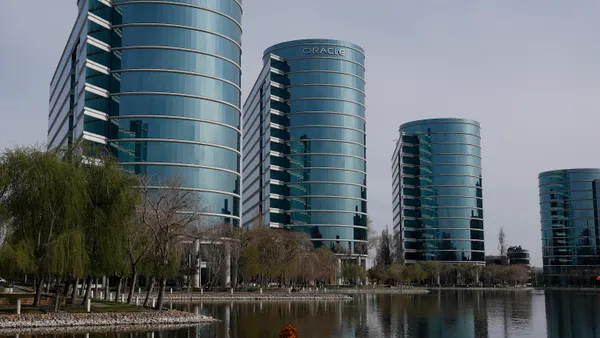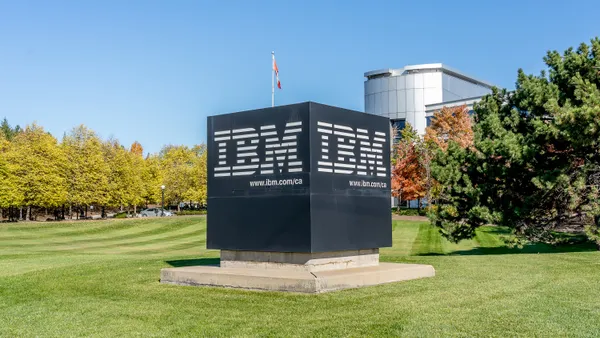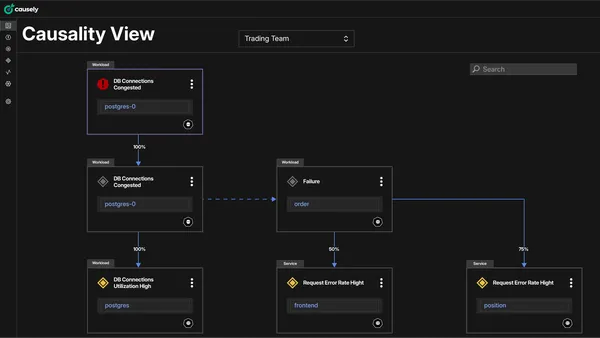Dive Brief:
- Between 2014 and 2016, Mercedes won 51 of 59 races. While drivers' on-track efforts are notable, credit is also due to members of the Mercedes-AMG Petronas Motorsport tech team, reports Ars Technica. The team conducts simulations in the weeks leading up to major races, including the car's setup and driver, to get an idea of what variables to expect on race day.
- The car company has also partnered with Pure Storage last year to implement flash storage, which cut about 70% of Mercedes' networking stacks and doubled storage efficiency, according to the report. Pure Storage offers Mercedes real-time data from car sensors measuring acceleration, vibrations, pressures and temperatures, accumulating about 500GB of data in a single race weekend. The race team compensates for cars' slower processing power by weighing speeds of offloading and turnaround in order to process data and make quicker decisions, according to the report.
- To augment the Big Data analytics, Mercedes works with Tibco, a software provider that uses machine learning for analytics. ML filters the "normal data" to find points disclosing an abnormality. The automation cuts the time to process data and focuses on a small subset of important information.
Dive Insight:
Advanced tech solutions using Big Data and ML are infiltrating every industry. The digital world is expected to reach 44 trillion gigabytes by 2020, and companies are becoming reliant on methods capable of accessing information old databases cannot process.
Racing is not the only sport using data analytics to drive wins. The Leicester City soccer team and the NFL both use Big Data to analyze scenarios that can impact the course of a play or the likelihood of scoring. The National Hockey League augments fans' experience with advanced analytics tracking game and player statistics.
Extracting meaning from data remains an issue because most of the time spent by workers analyzing data is allocated to "finding and cleaning," which often slows the "exploring and sharing" of insight, according to the report.
Companies across industries are looking to streamline workload operations, which includes more efficiently examining data, drawing conclusions and implementing solutions. Major tech companies like Oracle, Google and Microsoft are pushing ML and automation services on the market to facilitate these processes.















